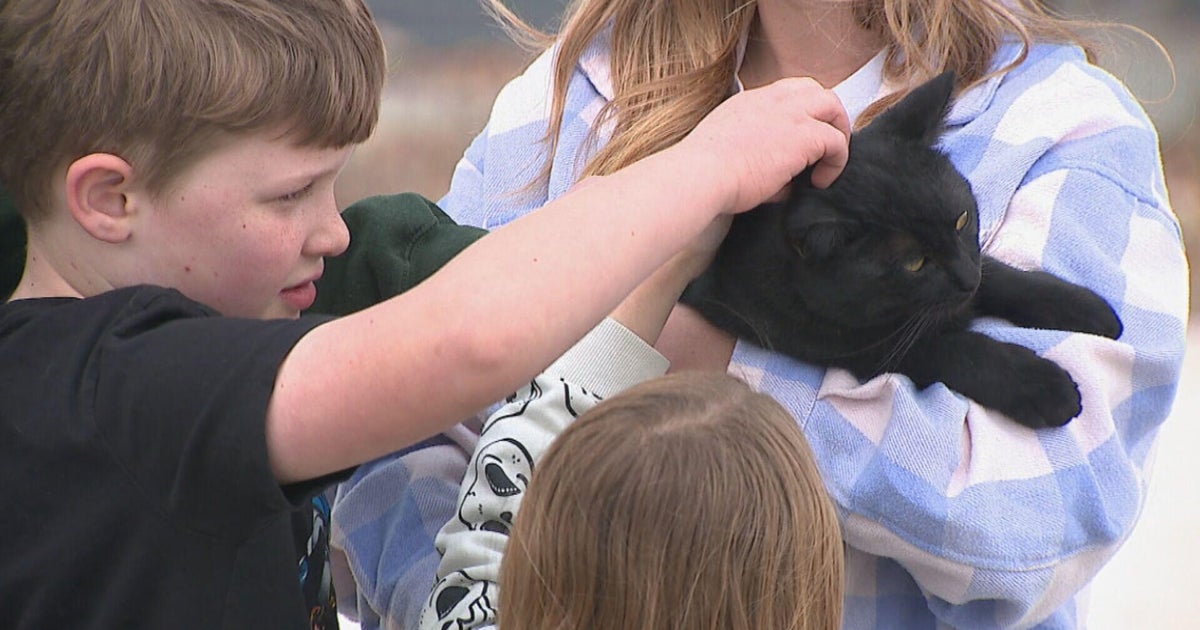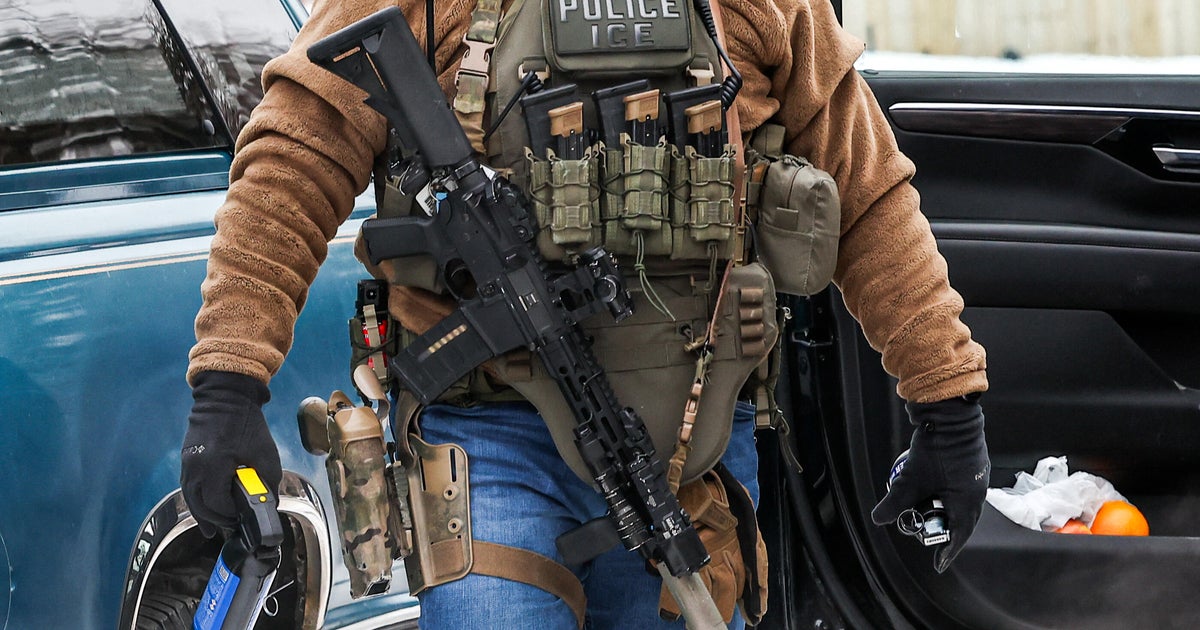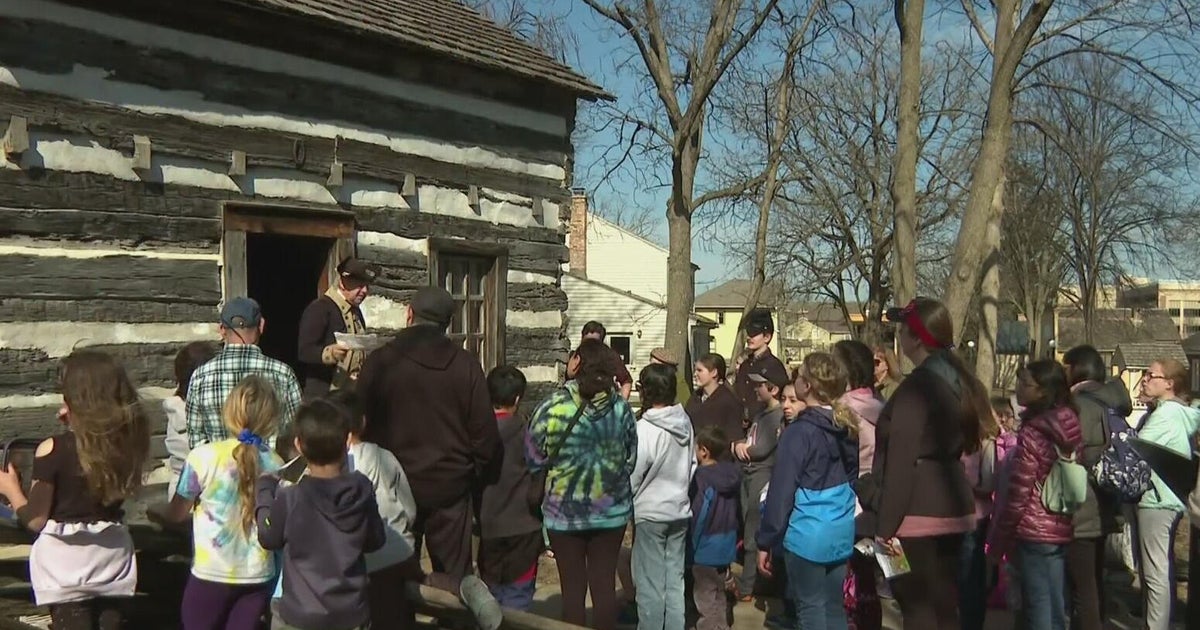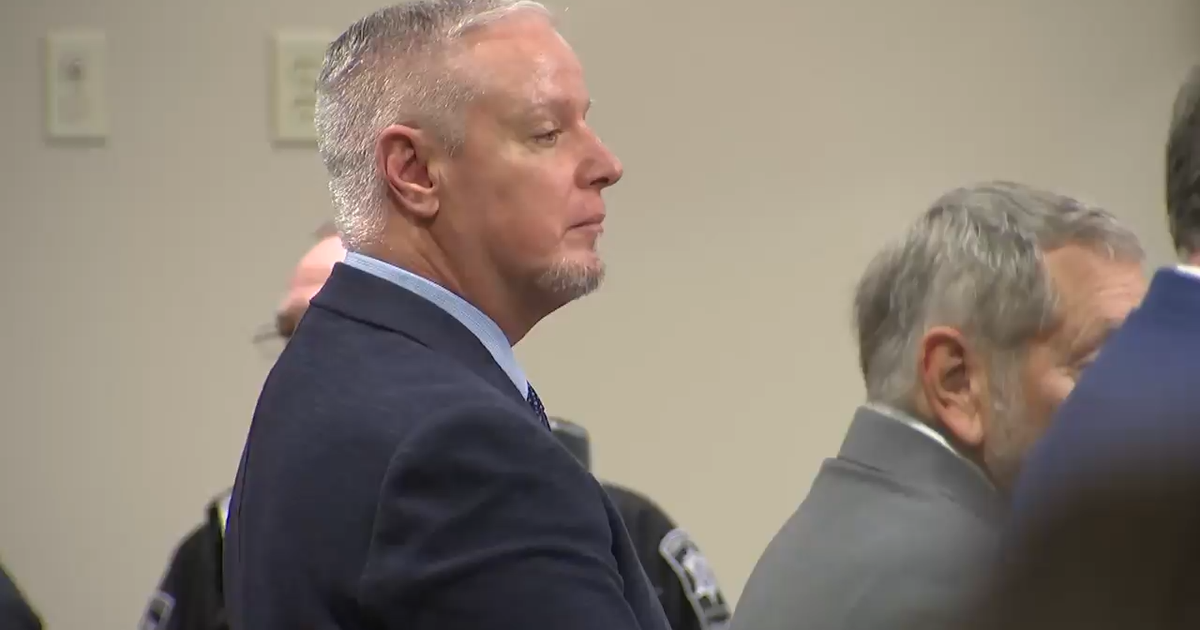Returning Vets Face High Unemployment, Emotional Challenges
MIAMI(CBS4)- When more than 40,000 troops leave Iraq in the next two months, many will make their way back home to re-join the civilian world. In addition to emotional challenges, many of these heroes will find themselves unemployed, without civilian skills.
Juan Carlos Arias served four years in the army and returned home unscathed, and with skills as an attorney, that easily transitioned to life without a uniform. But it's not that easy for the vets he knows and helps.
"There's a gloominess, a sense of darkness... It's a sudden detachment, where one day you're in uniform and suddenly the next day you're not," he told CBS4's Natalia Zea.
The reality is that the military jobless rate is at 13.3 percent and many vets don't have the obvious civilian skills to assure them work in a changed job market; something that's only going to get tougher when one million service members re-join the workforce in the next five years, as reported by the Department of Defense.
"Many of them have never had any other job than the military," said Arias.
Arias volunteers with the Employer Support of the Guard and Reserve, a national organization ensuring reservists' federally protected jobs are waiting when they head back to the United States.
When service members return home, they face even more concerns than purely finding a job in this economy in the civilian world. Many face psychological challenges, making re-integrating into their old lives tough.
"Suddenly you've got to be a father 24 hours a day, and that's a job in itself and if you're not used to that, you have to learn it," said Arias.
Army reservist Alicia Amador knows how tough it is to re-integrate. She quit school and her job to serve in Iraq.
"You have to put your life on hold. Your life is on hold but the world keeps going around," she told Zea.
Arias said it's up to South Floridians to help by looking at vets' resumes, helping them make employment connections, even offering advice on issues like how to properly dress for an interview.
Arias said, "The returning service member of today needs more than just a thank you. They actually need a helping hand."







